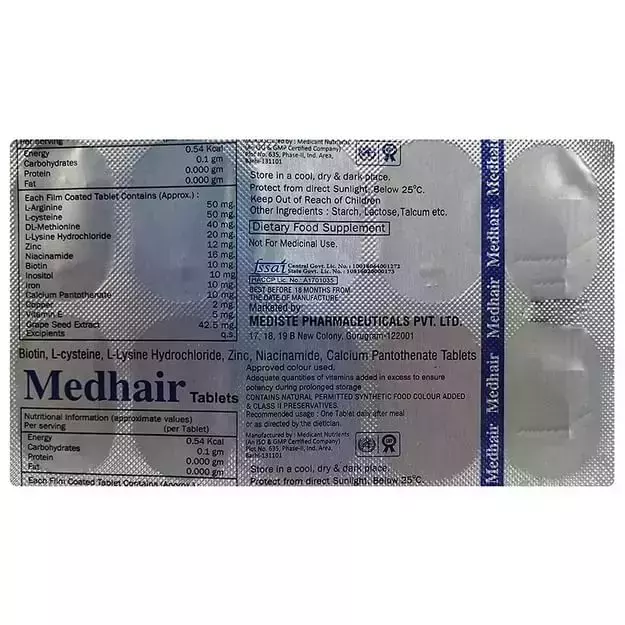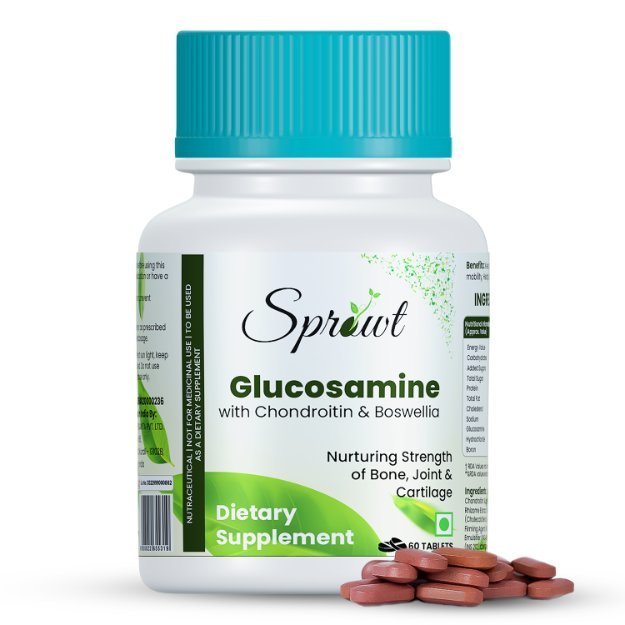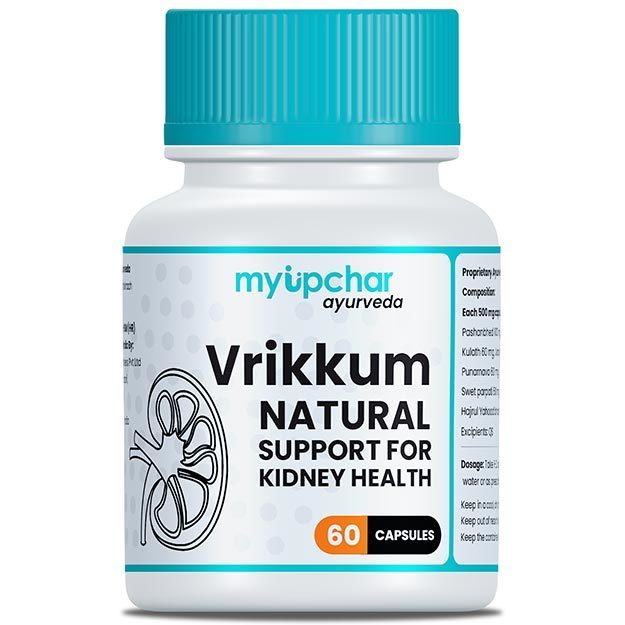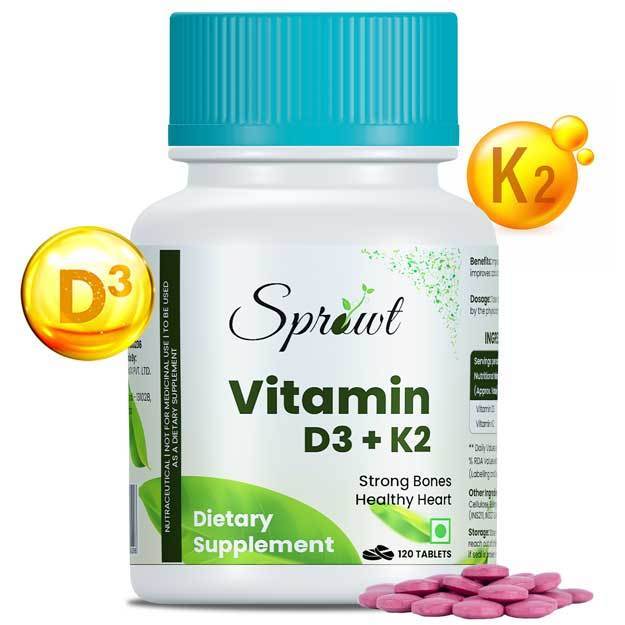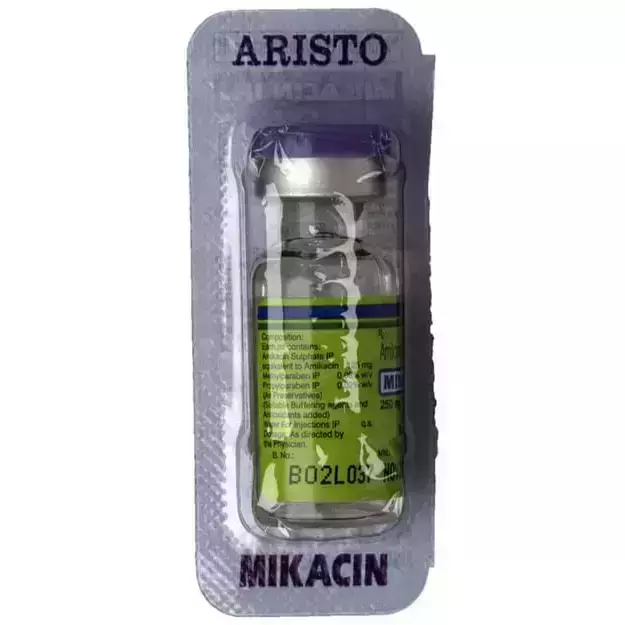Amine, a prescription drug, is manufactured in various forms such as Injection. It is typically used for the treatment of Urinary Tract Infection. Secondary and off-label uses of Amine have also been mentioned below.
The optimal dosage of Amine is largely dependent on the individual's body weight, medical history, gender and age. Dosage also depends on the route of administration and your chief complaint for which the drug is prescribed. Detailed information has been provided in the dosage section.
Apart from the aforementioned side effects, Amine can also lead to other problems, which have been listed below. Normally, these side effects of Amine are not long lasting and go away when the treatment is finished. Consult your doctor if these side effects become worse or stay for a longer duration.
Furthermore, you should know that effect of Amine is Severe for pregnant women and Unknown for women who are breastfeeding. Further, the section on Amine related warnings talks about Amine's effects on the liver, heart and kidney.
Amine is not recommended if you suffer from certain medical conditions as it can have adverse effects. Dehydration, Parkinson's Disease, Hearing Loss are examples of such conditions. Other contraindications of Amine have been discussed in the sections ahead.
Besides this, Amine may also have severe interaction with some medicines. See below for a complete list.
Along with the above-mentioned precautions, remember that taking Amine is considered safe while driving, and is addictive.
X

